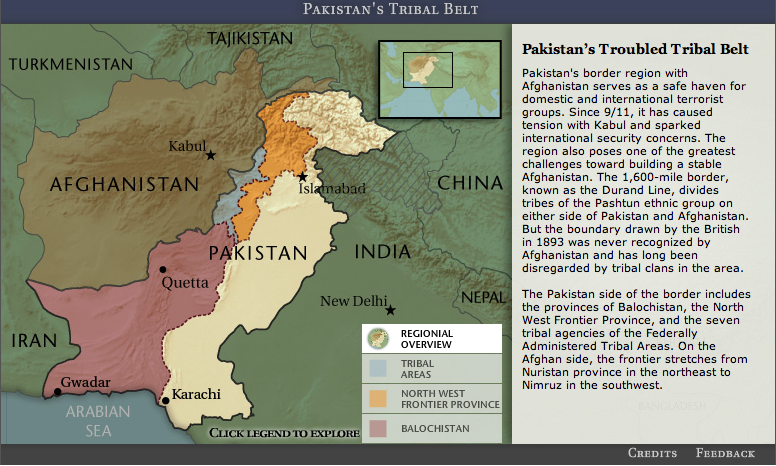AS/COA Online - Entrevista: Activista Estudiantil Yon Goicoechea sobre el Futuro Político Venezolano
/“Yo creo que para tener países modernos también hace falta renovar nuestras estructuras políticas.”
Yon Goicoechea, estudiante venezolano de derecho, activista y fundador de la fundación Futuro Presente habló con la editora de AS/COA Online Carin Zissis sobre el movimiento estudiantil, ampliamente acreditado como pieza importante en la derrota del referendo constucional de diciembre del 2007. Goicoechea fue recientemente galardonado con el premio Milton Friedman Prize for Advancing Liberty del Cato Institute. “Hay cientos de miles de jóvenes en Venezuela comprometidos en hacer política de la buena y por eso creo que en 10 años vamos a tener nuevas instituciones en el país y nuevas oportunidades para hacer las cosas mejor,” dice Goicoechea.
AS/COA: ¿Como empezó el movimiento estudiantil en Venezuela?




